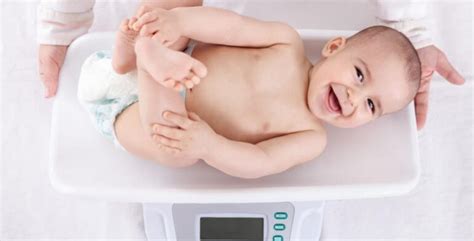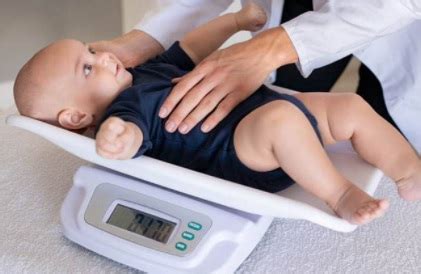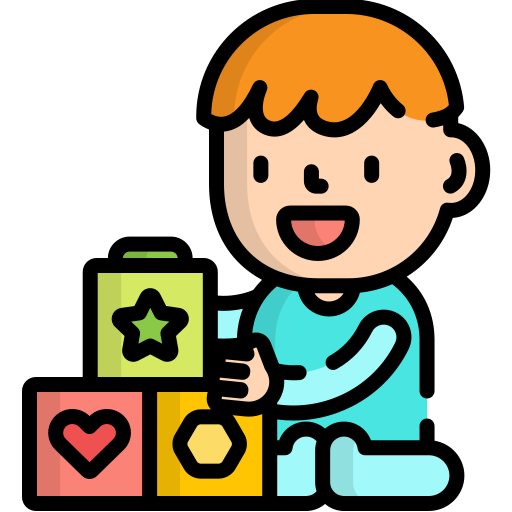
Weighing your baby at home is a great way to keep track of their growth and ensure that they are gaining weight at a healthy rate. In this blog post, we will provide tips on how to weigh baby at home, as well as discuss some of the benefits of doing so.
When you’re trying to figure out how much your baby is eating and drinking, it can be tough. There are all sorts of opinions on the best way for parents how to weigh baby at home or take them to a clinic so that they may get monitored while still getting enough sleep!
Baby care can be a complicated process, and one of the most important aspects is keeping track of your child’s weight. While you can take your baby to the doctor for regular weigh-ins, there are also times when you may need how to weigh baby at home. Fortunately, it’s fairly easy to do with a few simple supplies.
Contents
Weighing baby at home Best Tips
To start how to weigh a baby at home, you’ll need a Baby scale. These are designed to be lightweight and easy to use and can be found at most major retailers. Once you have your scale, simply place your baby on it and record their weight. If you don’t have a Baby scale, you can also use a standard household scale. Just be sure to account for the weight of any blankets or clothing that your baby is wearing.
Once you have their weight, it’s important to track it over time to ensure that they’re gaining the appropriate amount of weight. There are a number of ways to do this, but one of the easiest is to simply keep a Baby Weight Chart. This will allow you to see at a glance whether your baby is on track or if there are any concerns that need to be addressed.
With a little planning and preparation, weighing your baby at home can be quick.
- Accurate: Measure baby’s weight to the nearest 0.1 kg (0.2 lb)
- Fast and easy: Weigh yourself and your baby in seconds
- Portable: Take your scale with you wherever you go
- Affordable: A fraction of the cost of other home scales
Attention: Worried about whether your baby is gaining weight correctly?
Interest: You’re not alone. Many parents are anxious about their baby’s growth and want to make sure they are getting the right nutrition. That’s why we’ve developed this guide on how to weigh baby at home. It’s simple, accurate, and best of all, free!
Desire: With our easy-to-follow guide, you’ll be able to get an accurate reading of your baby’s weight in the comfort of your own home. This information will help you ensure that your little one is growing healthily and give you peace of mind.

Weighing your baby at home: The Pros and Cons
How to weigh baby at home can be a convenient way to track your child’s growth, but there are also some potential drawbacks to consider. One issue is accuracy; even with a high-quality digital scale, it can be difficult to get an accurate measurement, especially if your baby is moving around.
Additionally, measuring weight at home does not provide information about other important factors such as body fat percentage or muscle mass.
Finally, if you are concerned about your child’s weight, it is always best to consult with a medical professional, who can provide more accurate information and guidance.
Parents of newborns have a lot to keep track of. From diapers to feedings, there’s a lot to juggle in those first few weeks. One thing that many parents wonder about is whether or not they should weigh their baby at home.
There are both pros and cons to this decision. On the one hand, weighing your baby at home can give you a more accurate picture of his or her overall health. You can track any changes in weight and be sure that your baby is gaining the appropriate amount of weight each week. However, there are also some downsides to consider.
Weighing your baby at home can be stressful, and it’s important to make sure that you’re using the right scale. If you’re not careful, you could end up causing your baby undue anxiety. Ultimately, the decision of whether or not to weigh your baby at home is up to you. If you decide to do so, just be sure to use a reliable scale and keep an eye on any changes in your baby’s weight.
How to get an accurate weight for your baby at home
There are a number of ways to get an accurate weight for your baby at home, and the best method will depend on the age and size of your baby.
If your baby is under two months old and weighs less than eight pounds, you can use a kitchen scale. Place your baby on the scale and subtract your own weight to get an accurate measurement.
For babies who are between two and four months old, you can use a bathroom scale. Simply place the baby on the scale and then step on yourself to get an accurate reading. If your baby is over four months old and weighs more than eight pounds, you can use a standard floor scale.
Place your baby on the scale and make sure that his or her feet are touching the front edge of the platform. You should also calibrate the scale before taking a measurement to ensure accuracy. By taking a few simple precautions, you can easily get an accurate weight for your baby at home.
Conclusion
Although it is not necessary to weigh your baby every day, doing so occasionally can provide peace of mind. If you have any concerns about your baby’s health or weight, be sure to consult with your pediatrician. You can easily weigh your baby at home with a few simple items. By following recommended above tips, you can ensure that your baby’s weight is tracked accurately.
At home, you can use a simple scale to get an accurate reading of your baby’s weight. Weighing your baby can help you ensure that he or she is growing and developing as expected.
Related posts:
- What Are The Best Baby Wipes For Rash?
- How to wash an ergo baby carrier?
- How much to spend on baby shower gift? – Tips
- The Ultimate Guide to Baby Care: Everything You Need to Know
- 10 Essential Tips for New Parents: Your Guide to Navigating Parenthood
- The Art of Soothing: Techniques for Calming Your Baby
